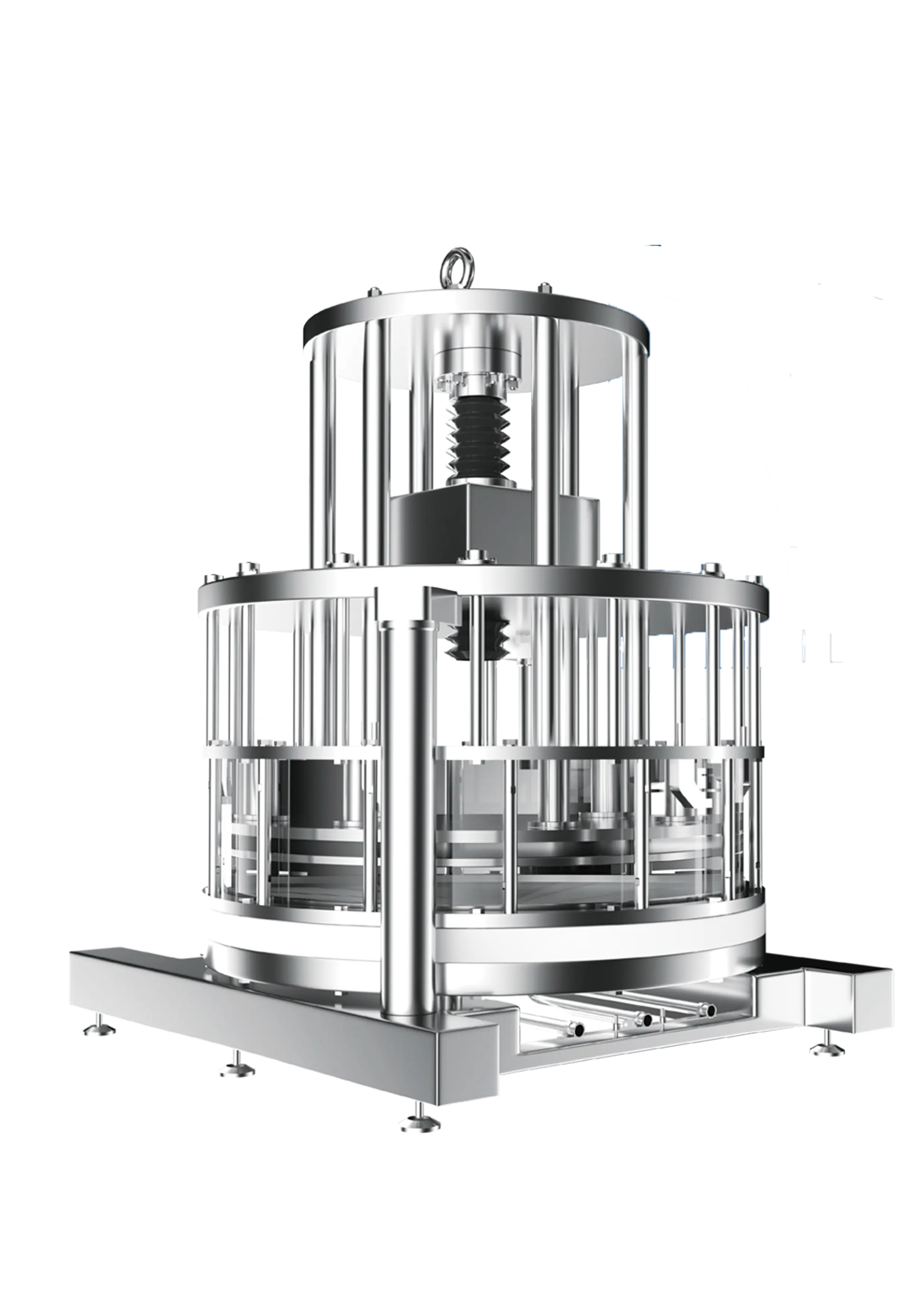
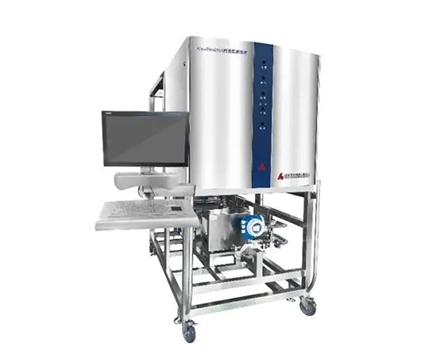
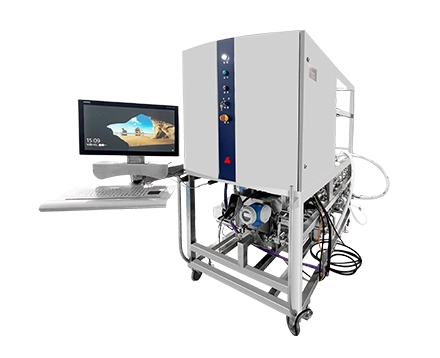
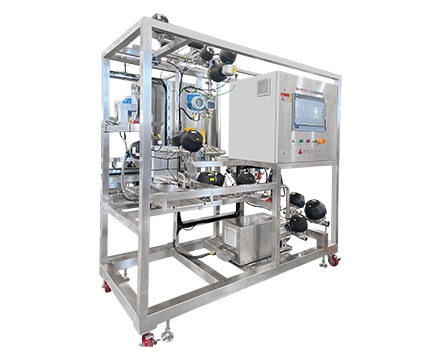
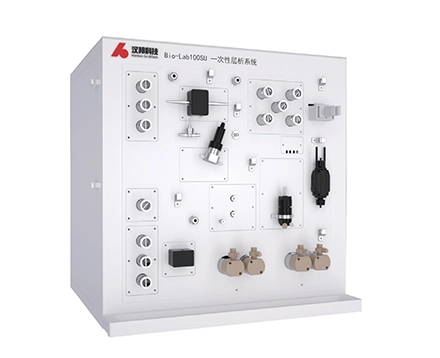


Yes, insulin can be purified from animal sources, such as porcine (pig) or bovine (cow) pancreas. Animal pancreases contain insulin in their beta cells. The purification process involves extracting the pancreatic tissue and then isolating and purifying the insulin from other pancreatic components.
The purification steps typically include techniques such as solvent extraction, chromatography, and crystallization. Solvent extraction helps separate the insulin from other pancreatic proteins and components. Chromatography techniques, such as reversed-phase chromatography or ion exchange chromatography, can be employed to further purify the insulin and remove impurities. Finally, the purified insulin can be crystallized to obtain a highly pure form.
It's worth noting that the use of animal-derived insulin has decreased over the years with the advent of recombinant DNA technology, which allows for the production of insulin through genetically engineered organisms. Recombinant insulin is now the primary source of insulin for therapeutic use due to its purity, consistency, and reduced risk of transmitting diseases associated with animal-derived insulin.